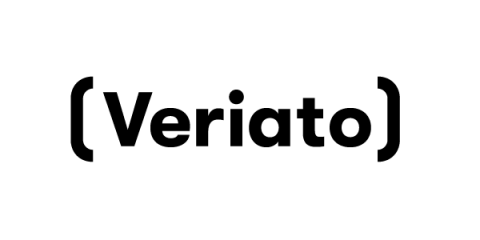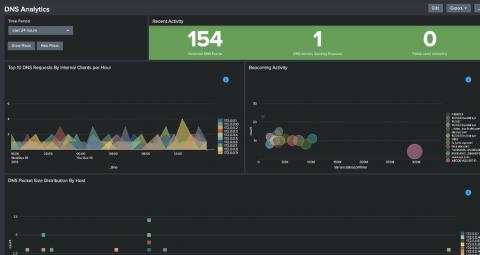The Outcomes of SIEM and SOAR in 2019 (Part 2)
Integration is one of the most critical features that every security product should have. But, unfortunately, this is not a case when it comes to too many traditional security tools. The organizations that were using SIEM with having integration capability remained secure to a large extent. For example, an effective SIEM can inject Threat Intelligence Feeds (TIF) from multiple different sources.










